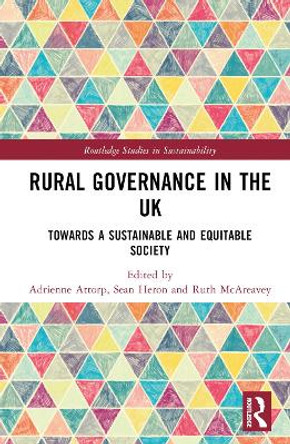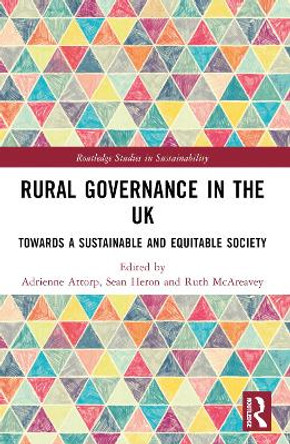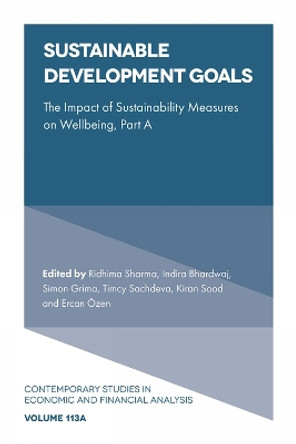Description
Improving wellbeing and sustainability are central goals of government, but are they in conflict? This engaging new book reviews that question and its implications for public policy through a focus on indicators.
It highlights tensions on the one hand between various constructs of wellbeing and sustainable development, and on the other between current individual and societal notions of wellbeing. It recommends a clearer conceptual framework for policy makers regarding different wellbeing constructs which would facilitate more transparent discussions. Arguing against a win-win scenario of wellbeing and sustainability, it advocates an approach based on recognising and valuing conflicting views where notions of participation and power are central to discussions.
Measuring Wellbeing is divided into two parts. The first part provides a critical review of the field, drawing widely on international research but contextualised within recent UK wellbeing policy discourses. The second part embeds the theory in a case study based on the author's own experience of trying to develop quality of life indicators within a local authority, against the backdrop of increasing national policy interest in measuring 'happiness'.
This accessible and informative book, covering uniquely both practice and theory, will be of great appeal to students, academics and policy makers interested in wellbeing, sustainable development, indicators, public policy, community participation, power and discourse.
About the Author
Karen Scott is a research fellow at The Centre for Rural Economy at Newcastle University, UK. Her professional experience in social care, community planning and environmental fields underpins her academic research interest in the politics of human wellbeing and sustainable development at the local level.
Book Information
ISBN 9781849714631
Author Karen Scott
Format Paperback
Page Count 212
Imprint Earthscan Ltd
Publisher Taylor & Francis Ltd
Weight(grams) 362g









